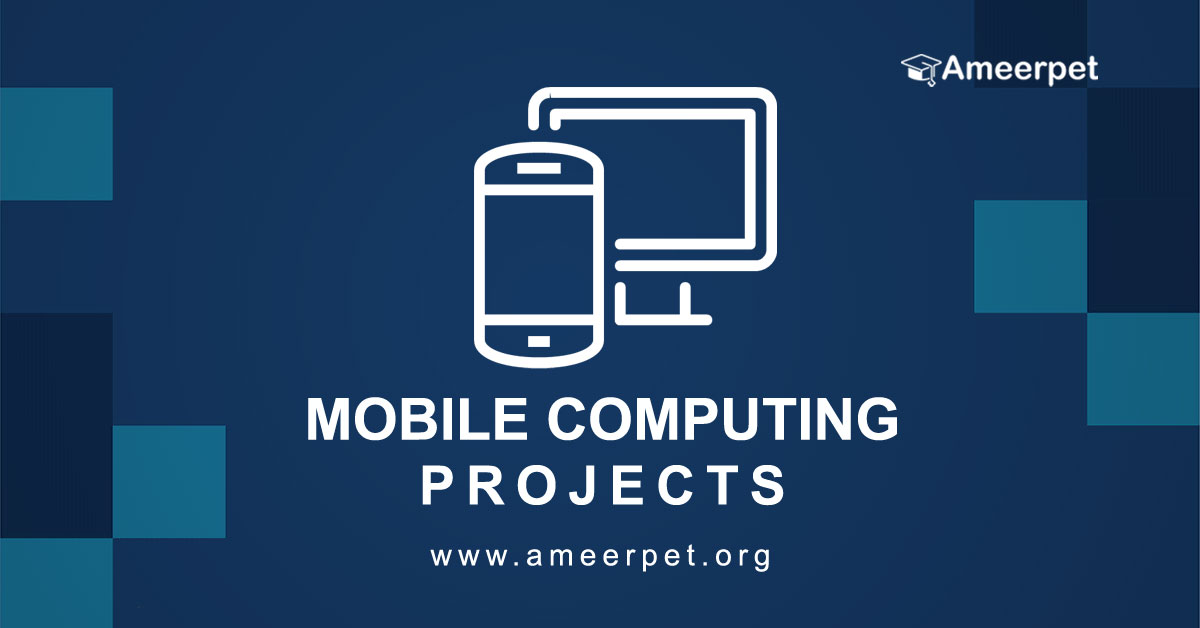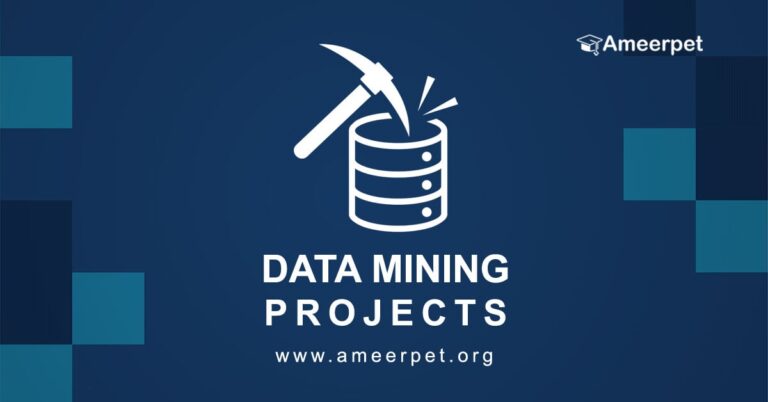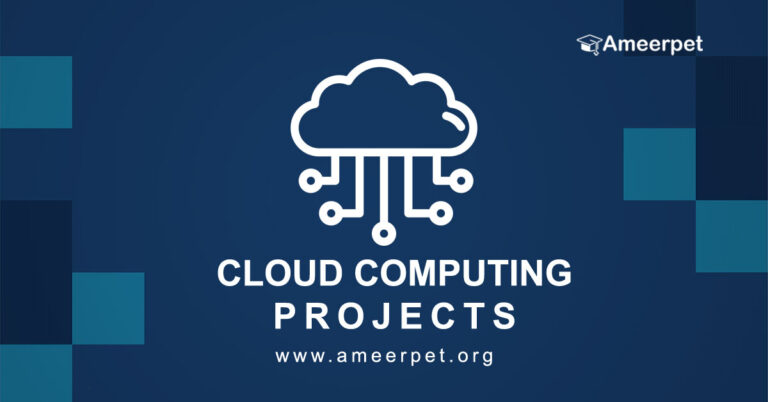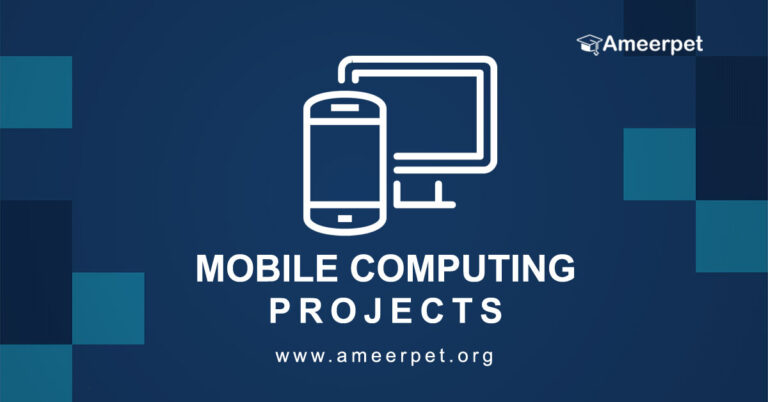
Abstract:
Mobile users (MUs) buy wireless data services from ISPs to access the Internet and content services (e.g., online games) from CPs. Intelligent functions like AI and 3D modeling increase the computation-intensity of content services, putting pressure on MUs’ resource-limited devices.
To reduce MU computation pressure while maintaining quality-of-service, edge computing service is a promising way to offload some computation tasks to edge servers at the local network edge. Thus, edge service providers (ESPs) who deploy edge servers and provide edge computing services become new ecosystem stakeholders.
We study the economic interactions of MUs, ISP, CP, and ESP in the new ecosystem with edge computing service, where MUs can acquire computation-intensive content services from CP and offload some computation tasks and raw input data to edge servers deployed by ESP through ISP.
We first examine the MU’s J-CATO problem, which maximizes his long-term payoff. We use crucial insights from the off-line solution to create a successful online strategy. Next, we examine ESP edge service monetization.
We propose a pricing policy that achieves a constant fraction of ex post optimal revenue with a constant ESP loss. Numerical results show that edge computing can boost MU content acquisition and improve ISP, CP, and MU payoffs.
Note: Please discuss with our team before submitting this abstract to the college. This Abstract or Synopsis varies based on student project requirements.
Did you like this final year project?
To download this project Code with thesis report and project training... Click Here


